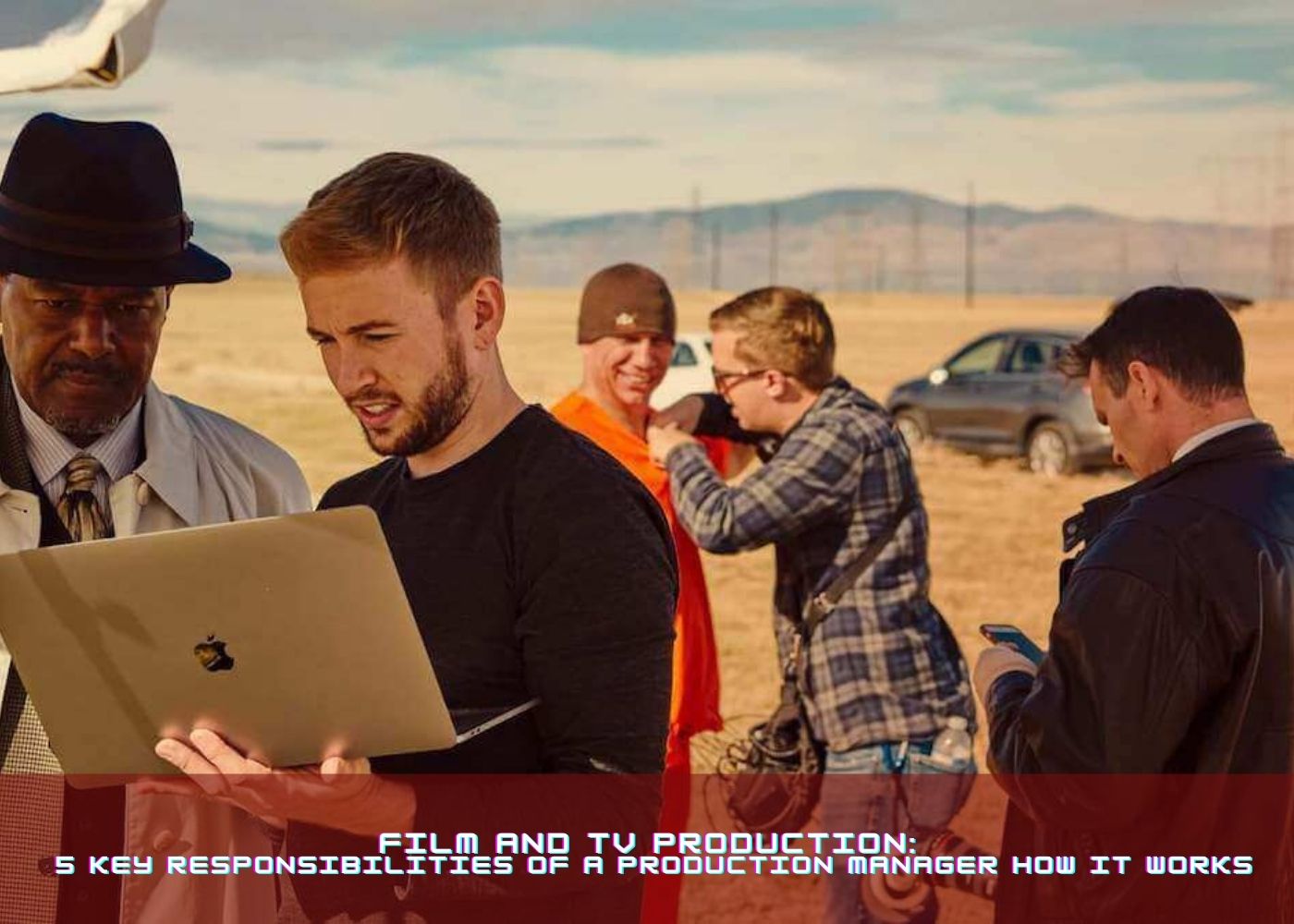What Is the Job Description of a Production Manager?
A production manager, also known as a unit production manager by the Directors Guild of America, is in charge of budgets, shooting schedules, and overseeing the day-to-day operations of a film. The "below-the-line" crew is also managed by the production manager. All personnel on a TV show or film who are not the creative principals of the production are referred to as "below-the-line." As a principal administrator in the production office, the production manager is answerable directly to the line producer. Production managers do not make creative decisions on a set, but they do make budgetary decisions that have a significant impact on the final result.
During preproduction, a production manager has five key responsibilities:
A production manager's responsibilities vary depending on where production is in the development phase. During pre-production, the production manager is primarily concerned with creating a logistical strategy and a precise timetable for the shoot. The production manager collaborates with the producer, line producer, first assistant director, and others to dissect a script for scheduling and budgeting considerations. The pre-production work of a production manager is usually done at the production office. Among the key responsibilities are:
1. Locations. The production manager is in charge of the initial location scouting as well as any financial arrangements that may be made to acquire locales.
2. Schedule of filming The production manager collaborates with the producers to develop a shooting plan that accommodates all cast and crew scheduling constraints as well as location availability.
3. Budget. Makes a functioning budget that takes into consideration people, equipment, and places.
4. Crew members are recruited. Hire crews and contract with suppliers with the help of the line producer.
5. Housing and transportation are important considerations. For the duration of the production schedule, arrange for all necessary transportation and lodging for the cast and crew.
During production, there are four main duties of a production manager.
Once filming begins, the production manager's role shifts to managing the schedule and budget they've created to ensure everything runs smoothly. Production managers usually split their time between the production office and reporting directly to the set during filming. During the shoot, the production manager's duties include:
1. Budget. The working budget is monitored by the production manager. They account for any budgeting adjustments that occur during production and inform the director, producers, and studio of any budget variances.
2. Permits and releases. Production managers are in charge of ensuring that all venues and cast members have completed the necessary releases with the production office. They also make sure that the essential permits have been obtained for each place.
3. Interaction with the crew. The production manager acts as a point of contact for local authorities, as well as the director and crew. This ensures that all local rules are obeyed and the production does not face closure, while also allowing the director and team to concentrate completely on the shot.
4. Report on the manufacturing process A daily production report is completed by the production manager, which details how the day's filming went and any deviations from the master shooting schedule.
To be a production manager, you'll need the following skills:
Production managers must possess a diverse set of talents and are typically well-versed in various aspects of filmmaking. Aspiring production managers must possess the following core skills:
1. Organization. The ability to plan, coordinate, and run a multi-person production. Organizing and scheduling all of the moving components that make up a movie set is a big aspect of being a production manager.
2. Budgeting and accounting abilities are exceptional. One of the most significant tasks a production manager has is keeping track of the budget for a film.
3. Communication abilities are excellent. Producers, the director, studio executives, crew chiefs, and local government and authorities are all people whom the production manager must contact and collaborate with.
4. Production experience in cinema and television. Because they are required to communicate and coordinate with practically every department on a film set, the production manager should have a working understanding of film and television production outside their specialized job obligations.
5. Contacts. As a production manager moves from job to job, having a good working connection with equipment suppliers and staff recruiters can be quite beneficial. Being able to depend on the services of people whose abilities you trust will go a long way toward assisting you with pre-production planning when you're starting a new production.
6. Laws and regulations are well-versed in. Health and safety laws, insurance, fundamental human resource issues, contracts, and labour legislation are all things that production managers should be familiar with.







